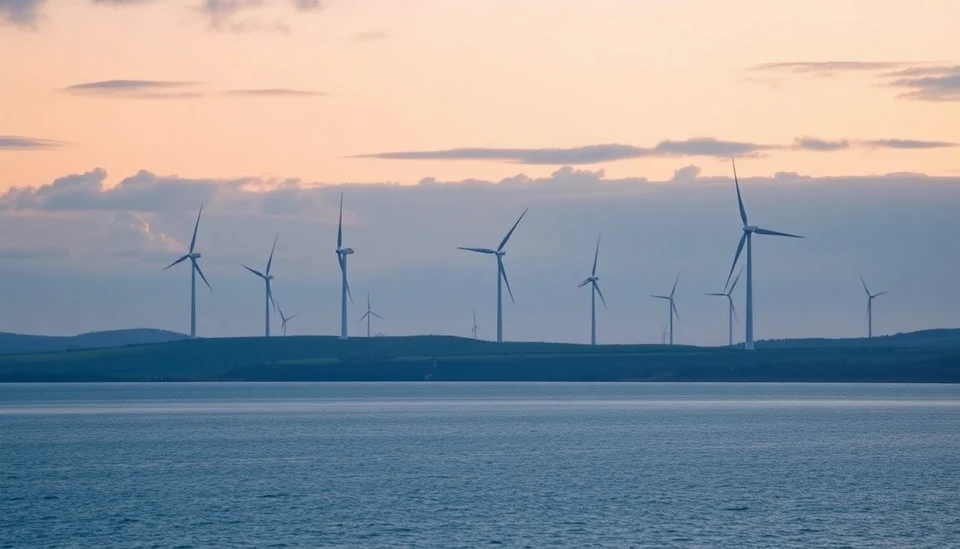
In a significant development within the renewable energy sector, Ørsted, the Danish energy giant, has announced a staggering financial impact of $1.7 billion due to soaring costs associated with its offshore wind projects. This revelation marks a notable shift in the company's financial outlook and raises important questions regarding the viability of such large-scale renewable energy initiatives.
The decision to update its financial forecast comes as Ørsted grapples with escalating expenses linked to both onshore and offshore wind projects. These rising costs have been attributed to several factors, including supply chain disruptions, increased material prices, and challenges related to project execution. As a result, Ørsted is bracing for diminished operating profit margins in the upcoming fiscal periods.
Ørsted's leadership has publicly acknowledged the myriad challenges facing the offshore wind sector, emphasizing the complexities involved in scaling up operations to meet ambitious climate targets. Though the company remains committed to its renewable energy transition strategy, the financial implications of these cost increases have led to a re-evaluation of certain projects within its portfolio.
The company reported that these financial challenges are not isolated to Ørsted alone; rather, they reflect broader trends affecting the renewable energy industry as it matures. Increased competition for resources, logistical difficulties, and regulatory hurdles have all contributed to rising expenditures across the sector. Industry analysts have pointed out that companies invested heavily in renewable technologies may need to recalibrate their strategies as they adapt to this evolving landscape.
As part of its response to these challenges, Ørsted is actively exploring ways to enhance operational efficiency and reduce costs without compromising its commitment to sustainability. The company has indicated that it will focus on streamlining processes and leveraging technological innovations to navigate through this tumultuous period. However, the road ahead remains fraught with uncertainties.
Moreover, Ørsted’s CEO has underscored the importance of governmental support, indicating that regulatory measures and policies are critical in sustaining the momentum of the renewable energy transition. He expressed hope that continued collaboration with policymakers could help alleviate some of the financial pressures the industry is currently facing.
Despite the current hurdles, Ørsted has reiterated its long-term vision of becoming a leader in renewable energy and trusts that these challenges will ultimately contribute to a stronger, more resilient operational framework. The company remains targeted on expanding its capacity and investing in new technologies that will facilitate its transition towards a greener future.
This development resonates widely within the investment community, prompting further scrutiny of Ørsted's strategic direction and financial health. Stakeholders will be closely monitoring how the company manages its project costs and operational strategies in the coming months, as it seeks to reinforce its position in the competitive renewable energy sector.
As Ørsted navigates through this financial recalibration, it will be essential for the company to maintain transparency with its investors and adapt to the evolving market dynamics, which will ultimately shape the future of offshore wind energy and its role in addressing global energy challenges.
Overall, Ørsted's substantial financial hit is a stark reminder of the complexities and risks associated with emerging industries like offshore wind and the imperative for ongoing innovation and support from stakeholders at every level.
#Ørsted #OffshoreWind #RenewableEnergy #WindEnergy #Sustainability #EnergyTransition #FinancialNews #InvestmentAnalysis
Author: Victoria Adams




